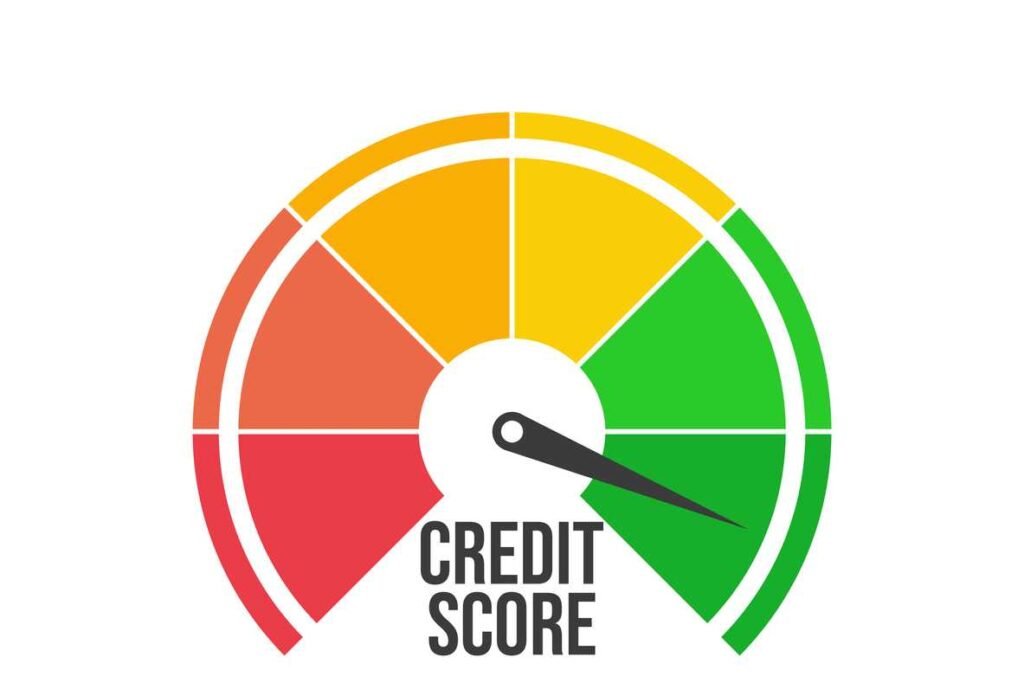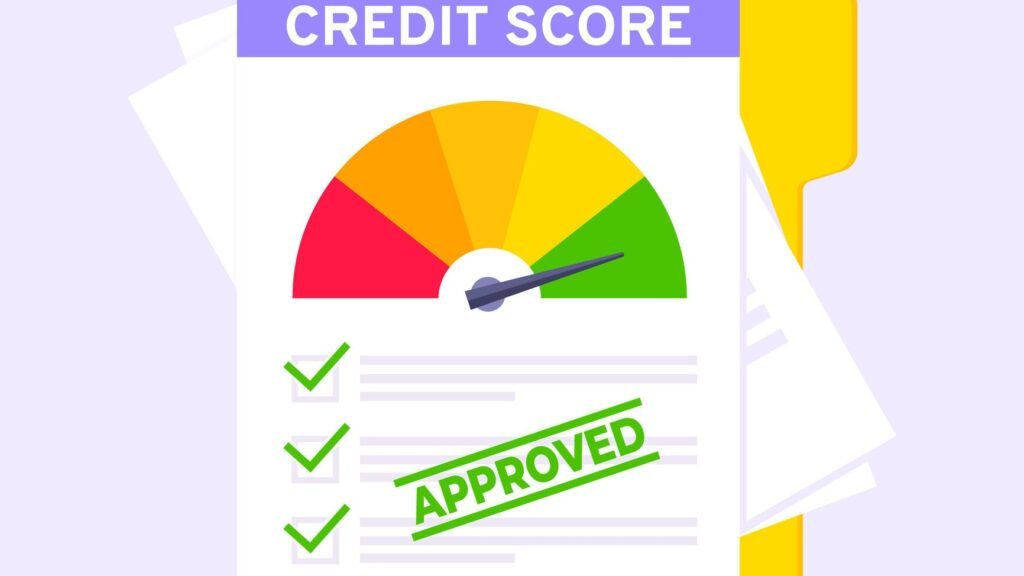
Understanding Creditworthiness: Factors to Consider Before Borrowing
Lending institutions carefully assess an individual’s creditworthiness before granting a loan. This evaluation is based on various factors that determine the borrower’s ability to repay the loan. One crucial factor is the credit score, which reflects the borrower’s credit history, including payment history, outstanding debts, and length of credit history. A higher credit score indicates a lower credit risk and increases the chances of loan approval. Additionally, lenders also consider the borrower’s income, employment stability, and debt-to-income ratio to ensure that the repayments can be comfortably managed. It is essential for individuals to understand these factors and recognize their significance before applying for a loan, as it significantly impacts the chances of loan approval and the terms offered.
Apart from creditworthiness, borrowers must also carefully evaluate their own financial situation and repayment capabilities before taking on any debt. It is imperative to create a realistic budget and assess one’s income and expenses accurately. This will help determine the affordability of loan repayments and avoid potential financial strain. Borrowers should consider their monthly cash flow, including existing obligations and future expenses, to determine the amount of money they can comfortably dedicate towards loan repayments. It is crucial to have a clear understanding of the financial situation before borrowing to ensure responsible and sustainable debt management.
Creating a Realistic Budget: Assessing Your Repayment Capacity
Creating a realistic budget is a crucial step in assessing your repayment capacity when considering borrowing money. Before taking on any loan, it is essential to evaluate your income, expenses, and financial commitments to determine how much you can realistically afford to repay each month. This will help you avoid overextending yourself financially and ensure that you can comfortably meet your loan obligations without putting added strain on your budget.
Start by thoroughly analyzing your monthly income. Consider all sources of income, including your salary, any additional sources of earnings, and investments. It is important to have a clear understanding of the exact amount of money you have coming in each month. Once you have calculated your income, it is time to evaluate your monthly expenses. This includes your rent or mortgage payment, utilities, transportation costs, food expenses, insurance premiums, and any other necessary expenses. By subtracting your total expenses from your income, you will get a clear picture of the disposable income you have available to repay your loan. Keep in mind that it is crucial to leave some room for unexpected expenses or emergencies to maintain financial stability.
Exploring Different Types of Loans: Which One is Right for You?
When it comes to borrowing money, understanding the different types of loans available to you is crucial. Each loan type comes with its own features and requirements, making it important to choose the one that aligns with your financial needs and goals. One common type of loan is a mortgage loan, which is typically used to purchase a home. With a mortgage loan, you borrow a large sum of money and repay it over an extended period, usually 15 to 30 years. The interest rate can be fixed or adjustable, and the repayment terms can vary depending on the lender. This type of loan requires careful consideration and thorough research to ensure that you find the best mortgage loan terms for your situation.
Another popular loan type is the auto loan, which is used to finance the purchase of a vehicle. Auto loans can be obtained from banks, credit unions, or even car dealerships. The loan amount, interest rate, and repayment terms will depend on factors such as your credit history, the purchase price of the car, and the length of the loan. It’s important to compare offers from different lenders to find the most favorable terms and ensure that the loan fits within your budget. Remember, taking on any type of loan is a serious financial commitment, so it’s crucial to understand the terms, conditions, and repayment expectations before signing on the dotted line.
Comparing Interest Rates: Finding the Most Favorable Loan Terms
When it comes to borrowing money, one of the most crucial factors to consider is the interest rate. The interest rate determines the cost of borrowing and can have a significant impact on your overall loan repayment. Therefore, it is essential to compare different interest rates to find the most favorable loan terms that suit your financial situation.
Comparing interest rates may seem like a simple task, but it requires careful research and consideration. Start by obtaining quotes from various lenders, such as banks, credit unions, and online lending platforms. Take note of the interest rates offered and any additional fees or charges associated with each loan. Remember to inquire about the repayment terms and conditions, as they can vary from one lender to another. By analyzing all these factors, you can find the loan with the lowest interest rate and the most favorable terms for your needs.
Reading the Fine Print: Key Loan Terms and Conditions to Be Aware of
Understanding the terms and conditions of a loan is essential before signing on the dotted line. While it may be tempting to skip through the fine print, it is important to take the time to read and comprehend all the details. Loan terms and conditions can vary greatly from one lender to another, so it is crucial to understand what you are agreeing to.
One key aspect to pay attention to is the interest rate. This is the percentage charged by the lender for borrowing their money. It is important to know if the interest rate is fixed or variable, as this will determine if your monthly payments will remain the same throughout the loan term or if they can fluctuate. Additionally, be sure to understand how the interest is calculated and if there are any penalties for early repayment. By thoroughly reading and understanding the interest rate terms, you can ensure you are getting the best deal possible and avoid any surprises down the road.
Building a Strong Credit History: How Can Improve Your Credit Score
A strong credit history is vital for anyone looking to access future credit and financial opportunities. Responsible borrowing plays a significant role in building and maintaining this credit history, ultimately improving your credit score. It demonstrates your ability to manage debt and make timely payments, showcasing your financial reliability to potential lenders.
When it comes to responsible borrowing, there are a few key practices to keep in mind. First, always make your payments on time. Late or missed payments can have a negative impact on your credit score and may raise concerns about your ability to handle debt. Additionally, it’s important to borrow only what you can comfortably repay. Taking on more debt than you can manage can lead to financial stress and potential defaults, further damaging your creditworthiness. By consistently practicing responsible borrowing habits, you can gradually establish a solid credit history that will serve you well in the future.


